
Why do we need to understand European politics? Because the decisions taken in Brussels and Strasbourg shape the daily lives of over 400 millions Europeans, including yours. And yet, for many, the European Union still feel distant, complex, or unclear.
At Sumatra Innovation, we believe that every young person deserves the tools to understand, question, and influence the political world around them. That's why we are deeply committed to civic education, citizen engagement, and youth empowerment. We bring this to life through our two core activities. We design and deliver interactive workshops to make EU politics accessible, relevant, and engaging for students and young people. And we produce clear and critical analysis on EU news, legislation and geopolitical dynamics, to help connect the dots between EU decision-making and its real-life impact.
Whether you are taking your steps to explore European politics, or are already politically engaged, our mission is to make complex topics approachable, meaningful, and empowering. Join us as we explore the EU's political landscape, complex, dynamics, and more relevant than ever !
Let's finally understand European politics !
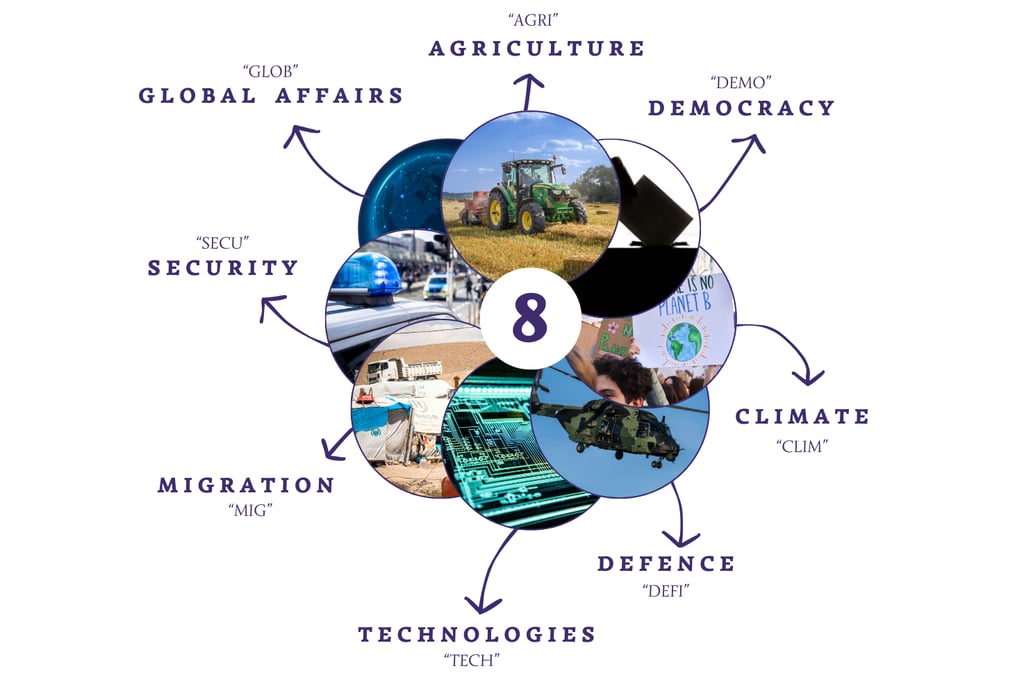

At the heart of both our research and workshops lies a set of 8 key themes that reflect the most urgent and defining challenges facing the European Union today, and the political debates that the next generation will inherit, shape, and lead !


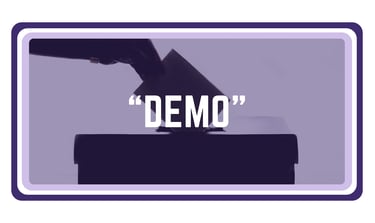





From the fields to our plates, agriculture links food security, environmental sustainability, and economic justice. In the EU, it raises critical questions about fair pricing, farming subsidies, and how to balance productivity with ecological responsibility.
Democratic values form the foundation of the EU’s identity. Understanding how democracy functions, and how it sometimes falters, helps make sense of political systems, civil liberties, the rule of law, and the conditions for EU membership.
Climate change touches every corner of policy: energy, transport, agriculture, and social justice. Europe's environmental choices will shape not only its future, but also its global responsibilities and relationships in an era of ecological crisis.
In a shifting global order, defence policy speaks to the EU’s autonomy, its alliances, and its ability to respond to new threats. Military cooperation, peacekeeping, and the ethical use of technology are all part of an ongoing debate about Europe's role in global security.


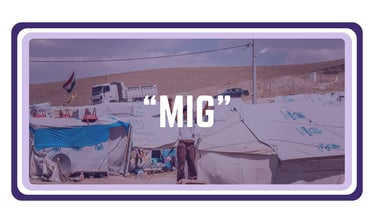

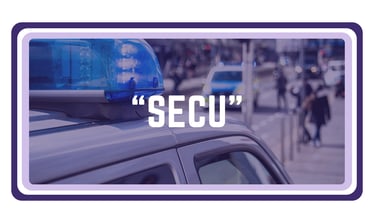

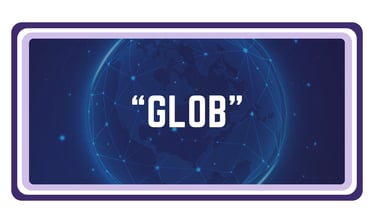

Technology drives innovation, transforms economies, and raises complex ethical dilemmas. In the EU, it brings key questions about digital rights, artificial intelligence, and the race for technological sovereignty in a competitive global landscape.
Migration intersects with identity, labour markets, and human rights. Within the EU, it challenges assumptions about borders, solidarity, and the kind of society Europeans want to build, especially in the face of demographic shifts and humanitarian crises.
Security is no longer just about borders or crime, it's about cyberattacks, surveillance, and public trust. European responses to terrorism, disinformation, and policing practices reveal much about the balance between freedom and protection.
The EU’s influence extends far beyond its borders, shaping trade, diplomacy, and conflict resolution. Its relationships with global powers, role in multilateral institutions, and pursuit of strategic autonomy define its place in the 21st-century world.
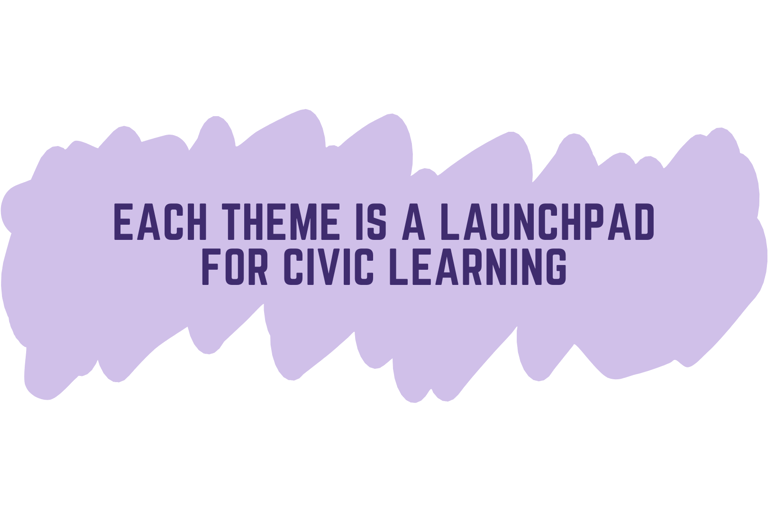

Our Workshops


These themes are more than just policy areas; they serve as gateways into the complex and interconnected world of European politics; the world we live in. Each one offers young people a tangible, engaging way to explore how EU institutions function, how legislation is made, and how geopolitical forces influence European decision-making.
From climate to democracy, from security to digital technologies, these themes help us make sense of Europe’s evolving role on the global stage, while also equipping young citizens with the critical thinking skills and foundational knowledge they need to navigate and influence that reality. Together, these eight focus areas form a flexible yet comprehensive framework for all of our civic education content. Whether we’re delivering a workshop in a secondary school, publishing accessible analysis, or designing interactive policy simulations, these themes guide our efforts to raise awareness, provoke reflection, and empower youth to actively engage with the European Union and the world around them.
We believe that every individual can make a positive contribution to the complex issues facing Europe and the world. To make this vision a reality, education and awareness-raising are essential to enable everyone to make informed decisions and play an active role in society.
So our European political education workshops aim to awaken curiosity, develop skills and cultivate knowledge. We hope to inspire and motivate participants to take actions for a better Europe and a better world.

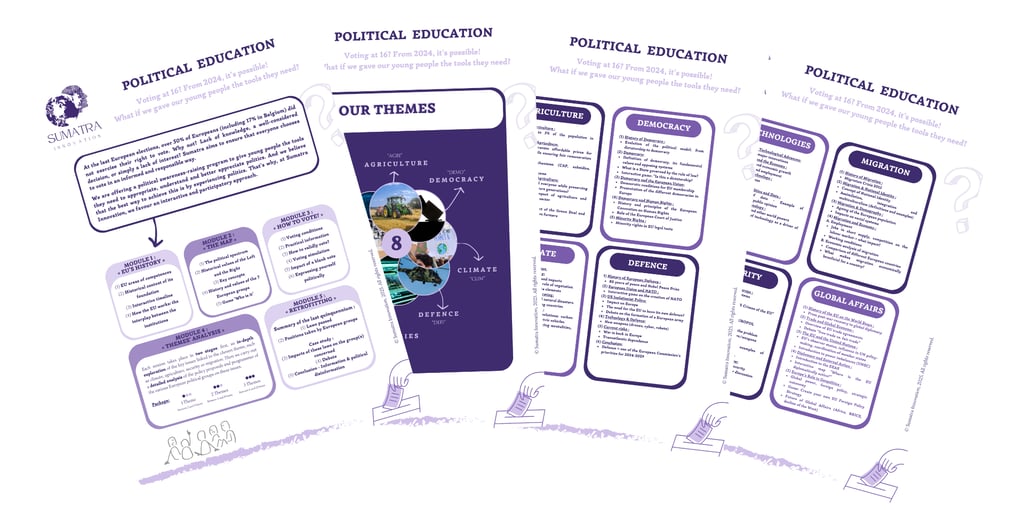




Our Latest Analyses !


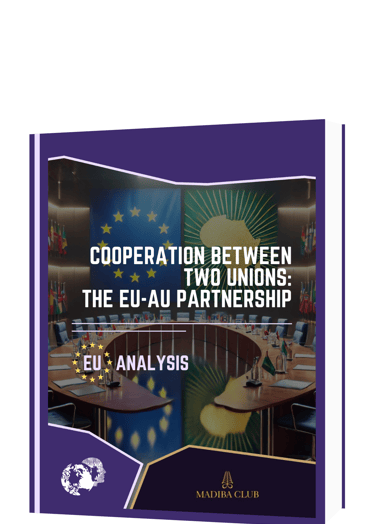

European Union and African Union Cooperation
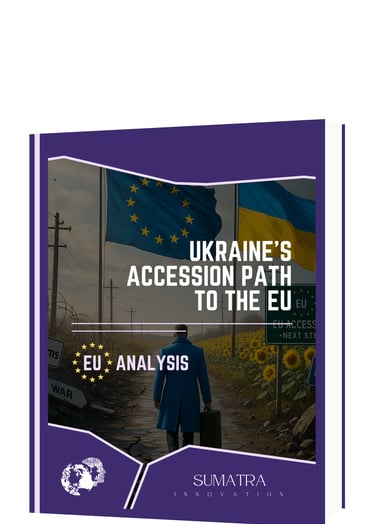

Ukraine's accession path to the EU
The 2024 European elections
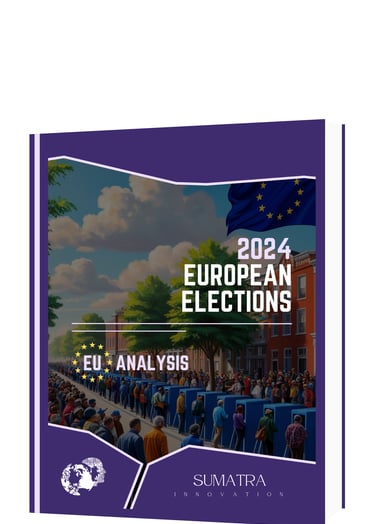

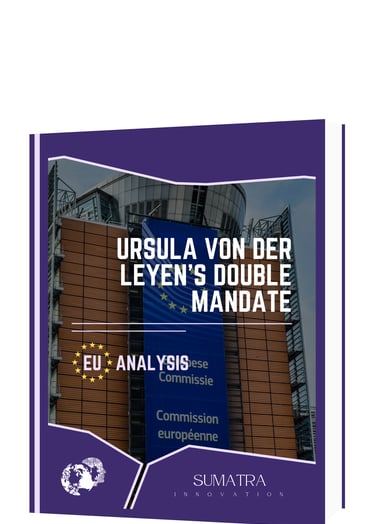

Ursula von der Leyen's double mandate
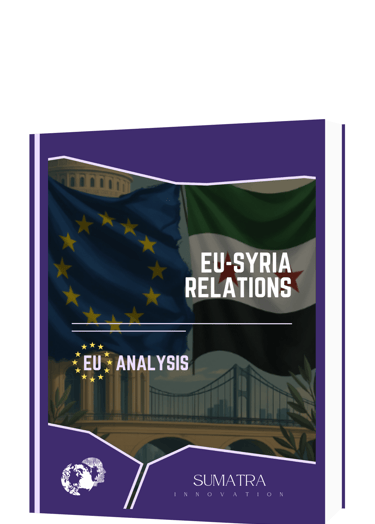

Rethinking EU-Syria relations following the fall of Bashar al-Assad
The impact of the 2024 US presidential election on EU strategic autonomy
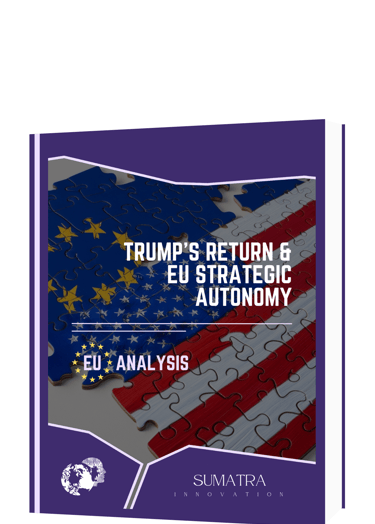

Our Monthly Series !


Every month, we pick up policies, decisions, and events that influence the European Union, its member states and citizens. Start exploring the most important events in the European Union and the latest policy developments !
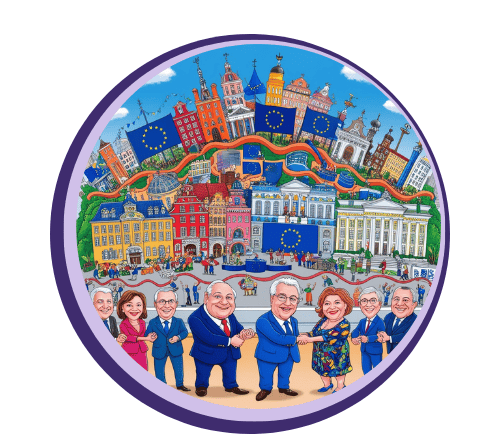

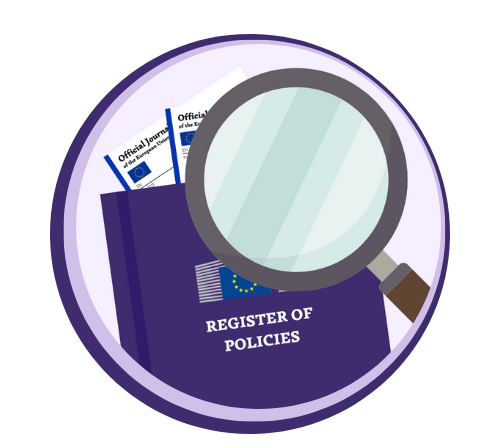

“Euroscope” will take you through five news that we believe are shaping the European landscape, for good or for worse !
“Register of Policies” gives you an overview of the most relevant policies that the EU institutions have been working on.









